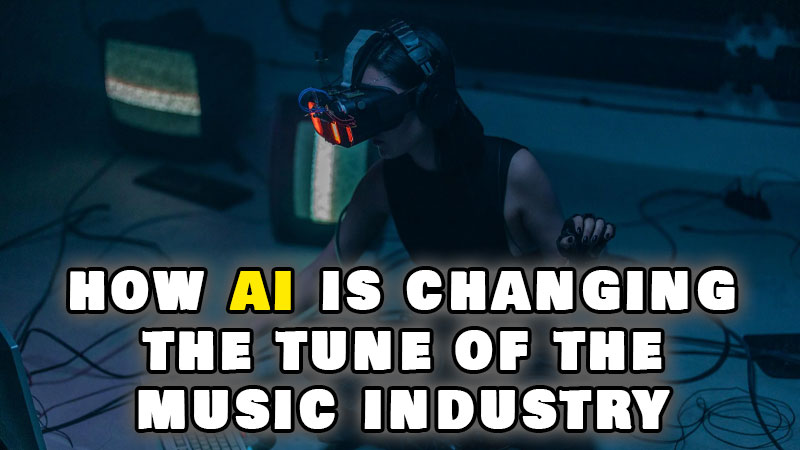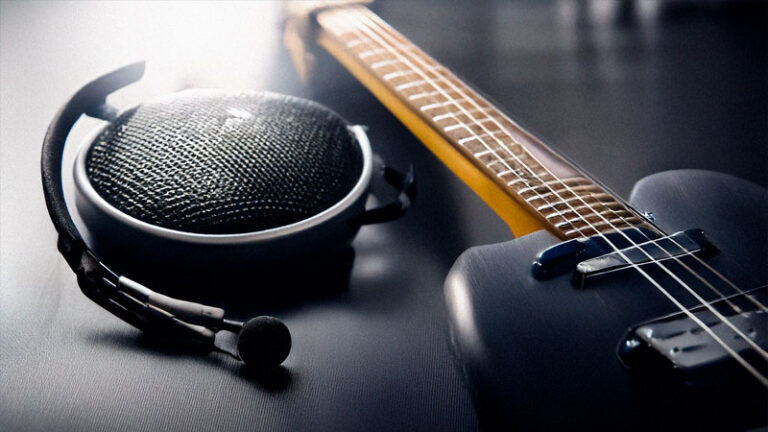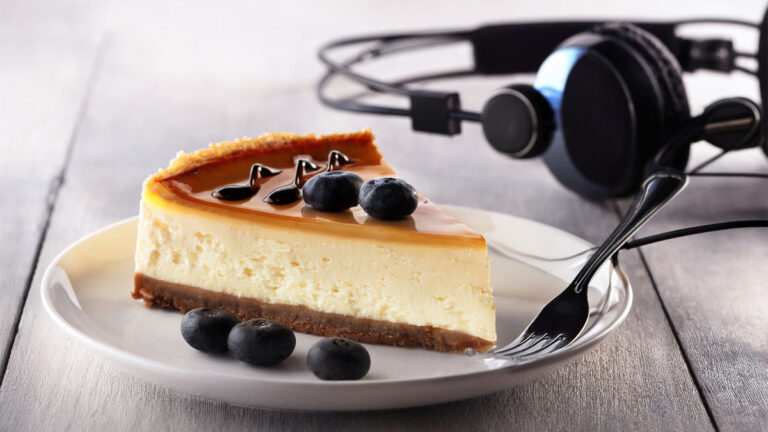Music and technology have always shared a unique bond, evolving hand-in-hand to shape the way we create, listen to, and experience sound. From vinyl records to streaming apps, every innovation has brought something new to the table.
Now, Artificial Intelligence is stepping into the spotlight, and it’s doing more than just fine-tuning the process, it’s completely changing the game. Whether it’s composing fresh beats, curating your perfect playlist, or even creating virtual artists, AI is redefining what’s possible in the music world. But here’s the big question: Can AI make music that truly resonates with us, or is it just noise? Let’s dive in to find out!
AI in Music Creation
AI is no longer just a futuristic concept, it’s actively helping musicians create songs. Tools like AIVA, MuseNet, and Amper Music are revolutionizing music composition by generating melodies and harmonies with just a few inputs. These platforms allow artists to experiment with different genres and styles, helping them unlock new creative possibilities.
Beyond individual artists, AI-generated music has found applications in commercials, video games, and films. For example, AI can quickly create custom soundtracks for video games, adding an immersive experience for players. Independent musicians are also benefiting from AI tools, as they no longer need extensive training or expensive equipment to produce high-quality compositions.
Personalized Music Experiences
Have you ever noticed how Spotify or Apple Music seems to know exactly what you want to listen to? That’s the magic of AI algorithms. These platforms analyze your listening habits, favorite genres, and even the time of day to recommend the perfect playlist. Whether it’s relaxing tunes after a long day or upbeat tracks for your workout, AI ensures your music experience feels personal and engaging.
AI doesn’t just improve user experience; it also helps lesser-known artists get discovered. By analyzing user preferences, AI connects listeners with emerging talent and niche genres that might otherwise go unnoticed. This creates a win-win situation for both musicians and audiences.
YouTube and AI-Generated Music
YouTube has become a hotspot for AI-generated music. From lo-fi beats for studying to cinematic scores for short films, AI tools are enabling creators to produce music tailored to their content needs. Platforms like Soundraw and Beatoven.ai allow YouTubers to generate custom soundtracks without worrying about licensing fees.
Virtual artists are also making waves on YouTube. AI-generated personas like FN Meka are releasing songs, gaining millions of views, and even collaborating with human artists.
A great example is https://www.youtube.com/@SerenaAIMusic, a channel showcasing AI-generated music that blends creativity with technology. Such platforms are not only redefining music creation but also offering fresh, innovative tunes for a global audience.
AI-Powered Production Tools
AI is simplifying music production like never before. Tools like LANDR and eMastered allow musicians to mix and master tracks with professional quality at a fraction of the cost. These platforms use AI to analyze audio files and automatically optimize them for different listening environments, saving hours of manual effort.
Additionally, AI-powered plugins enhance creativity by offering advanced audio effects and precise corrections. For instance, AI can automatically remove background noise, improve vocal clarity, or add dynamic effects to make a track more engaging. This technology empowers even novice musicians to produce studio-quality music from their home setups.
The Future of AI in Music
The future of AI in music is full of exciting possibilities. Imagine live performances where AI adapts the music in real-time based on audience reactions or tools that help artists collaborate across the globe effortlessly. AI could even enable entirely new genres of music, blending cultural influences in innovative ways.
While some fear that AI might replace human creativity, it’s more likely to complement it. AI can handle repetitive tasks and inspire, allowing artists to focus on the emotional and creative aspects of their work. By breaking barriers and democratizing music creation, AI is set to play a significant role in shaping the future of the industry.
Conclusion
Artificial Intelligence is reshaping the music industry in ways we couldn’t have imagined a decade ago. From composing melodies to improving production and personalizing listening experiences, AI is opening up new possibilities for musicians and listeners alike. However, while AI can enhance creativity, it’s the human touch that brings emotion and soul to music. By finding the right balance between technology and artistry, we can look forward to a future where AI and humans create harmonious melodies together.





